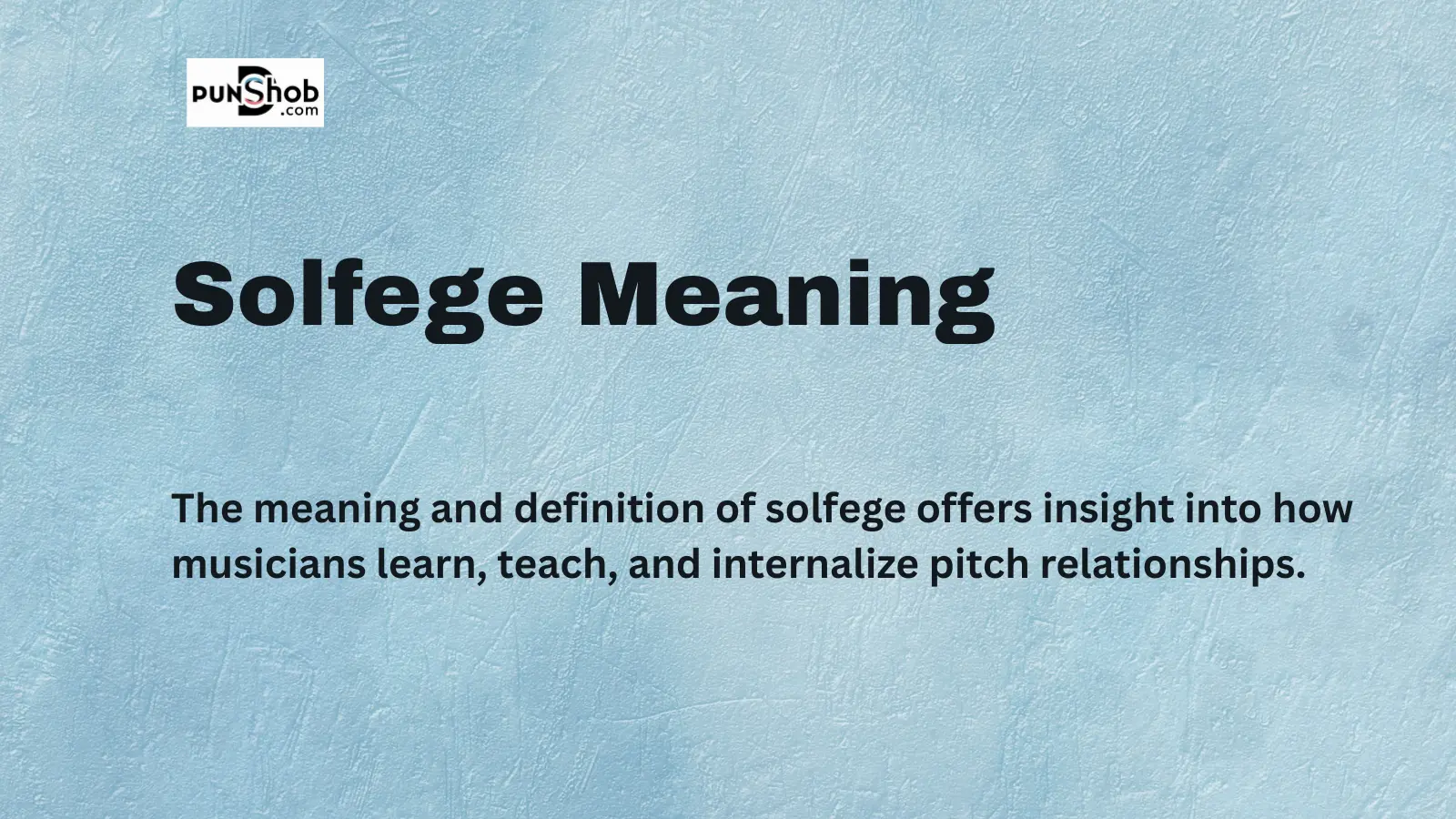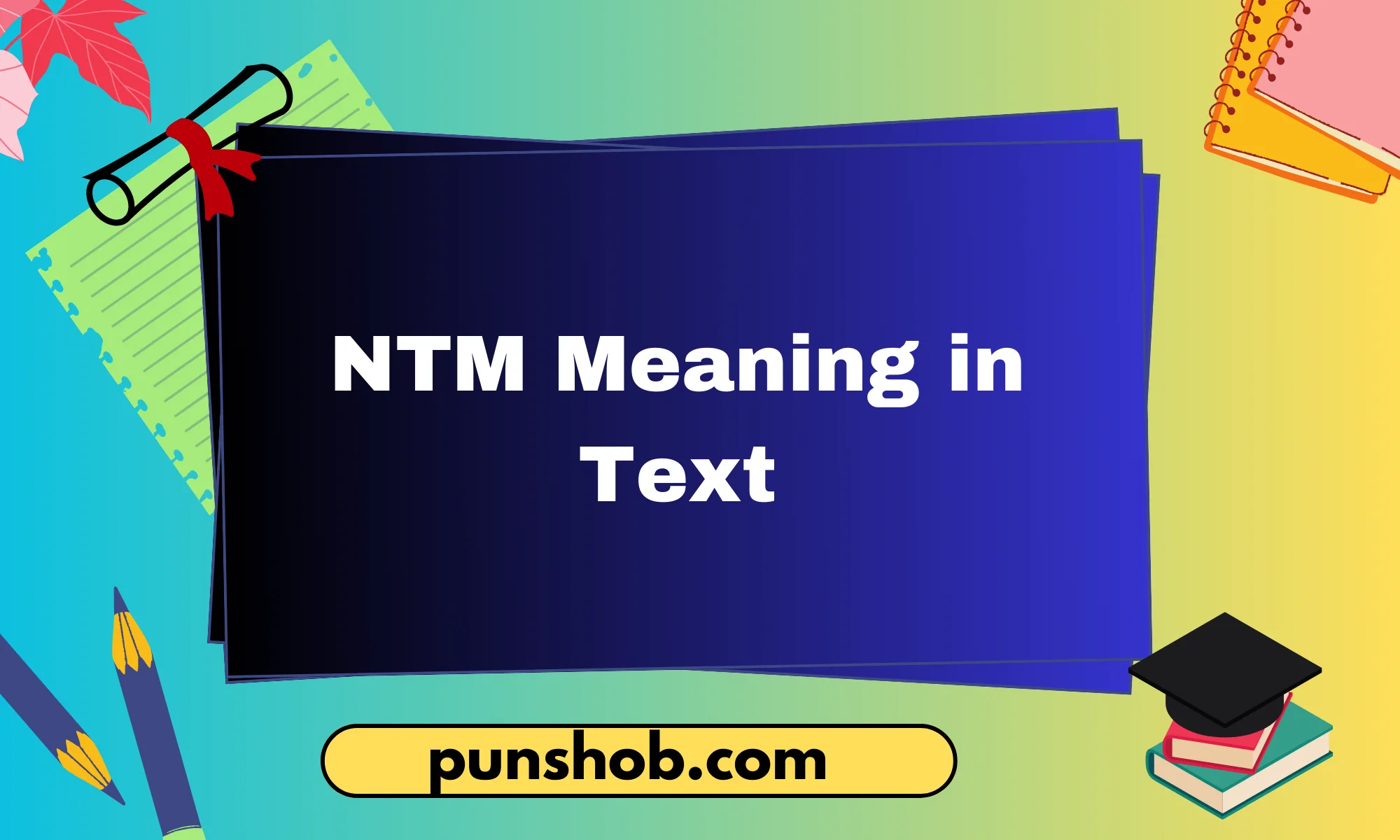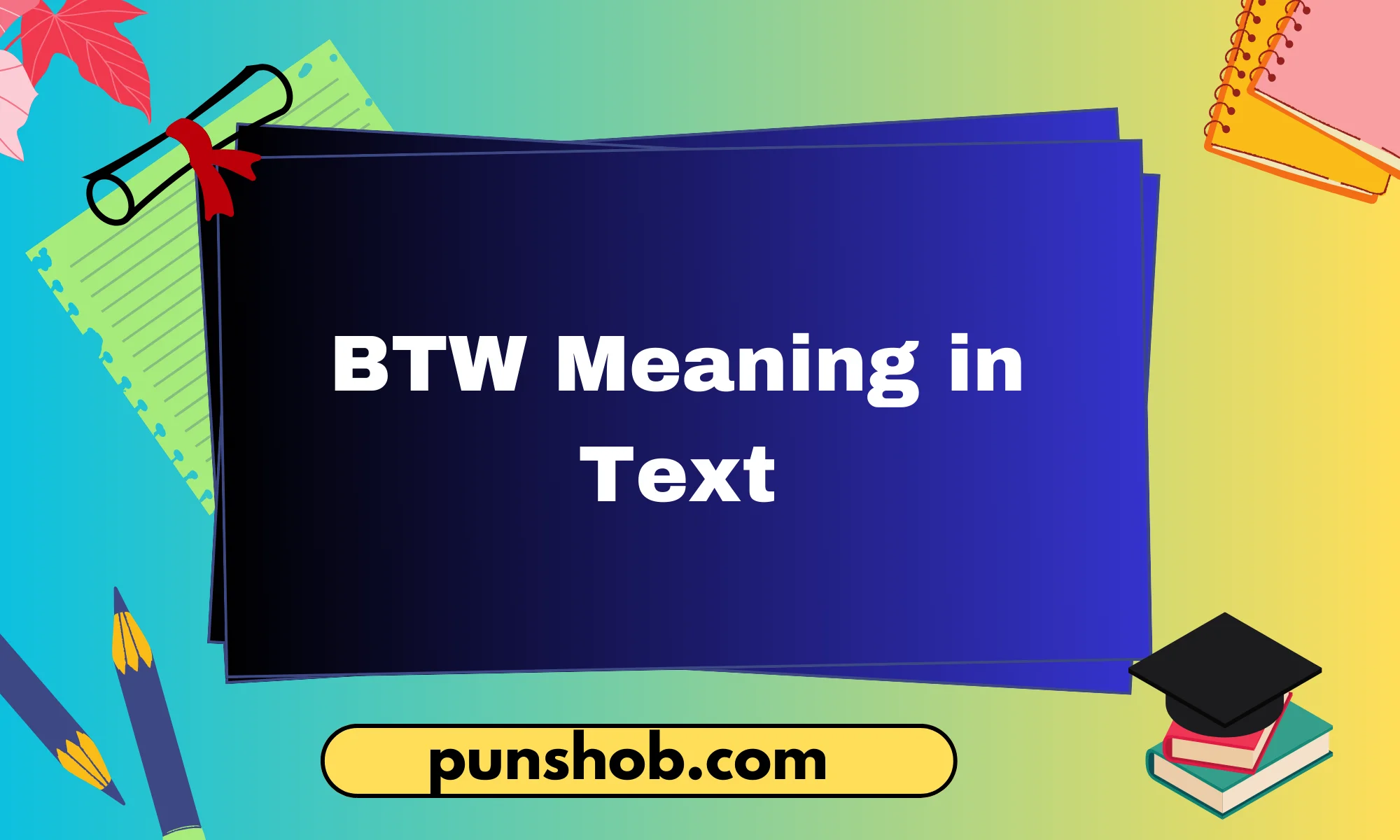In 2025, digital communication continues to evolve rapidly—brevity and tone sensitivity are paramount. If you’ve ever received a message containing the term “mk”, you might have paused to ask yourself: What exactly does it mean? While it may seem like a trivial shorthand, “mk” carries deeper implications, especially in fast-paced or emotionally nuanced conversations.
This article offers a comprehensive exploration of the term “mk” in texting, revealing its origins, modern interpretations, tone implications, and alternatives suited to various social and professional contexts.
What Does “MK” Stand For in Text?
Basic Definition:
“MK” is a shorthand or abbreviation of “mm-kay”, a phonetically shortened version of “okay.”
It typically functions as a passive acknowledgment, often implying:
- Agreement (“Alright.”)
- Indifference (“Fine, whatever.”)
- Mild annoyance or dismissiveness, depending on the tone or context.
In 2025, “mk” remains one of the most context-sensitive shorthand expressions in informal text conversations.
Origins of MK in Digital Language
The abbreviation “mk” first gained traction in early internet chatrooms and SMS messaging. It’s derived from the verbal expression “mm-kay,” popularized in American TV culture—especially from shows like South Park, where it was used humorously and sarcastically.
This background continues to influence the tone of “mk” today. It’s seen as colder or more neutral than a full “okay” or a cheerful “okie dokie.”
MK in 2025: What It Really Implies in Conversations
While the meaning hasn’t changed drastically, the emotional interpretation of “mk” in 2025 has become more precise. Here are five common contexts:
- Passive Agreement
- Example: “Want to meet at 4?”
“mk.” - Implies: “That works for me, I guess.”
- Example: “Want to meet at 4?”
- Dismissive or Cold Response
- Example: “I didn’t like your comment.”
“mk.” - Implies: “Noted, I don’t want to engage further.”
- Example: “I didn’t like your comment.”
- Polite Disengagement
- Example: “Okay, I’ll stop texting you now.”
“mk.” - Implies: “Thank you for backing off.”
- Example: “Okay, I’ll stop texting you now.”
- Neutral Confirmation
- Example: “Your food is here.”
“mk.” - Implies: “Okay, got it.”
- Example: “Your food is here.”
- Low-Energy Acknowledgment
- Used when the speaker is tired, uninterested, or avoiding further dialogue.
Should You Use “MK” in Professional or Formal Settings?
In general, no. The tone of “mk” tends to be:
- Ambiguous
- Informal
- And often perceived as disengaged
Using “mk” in a professional conversation may be interpreted as:
- Dismissive
- Passive-aggressive
- Or even disrespectful, especially if sent in response to important information or feedback.
Instead, opt for clear, polite alternatives (discussed later in this article).
Synonyms & Tone Alternatives for “MK”
Depending on your intent and the relationship with the recipient, here are appropriate replacements for “mk”:
1. Neutral/Polite
- Okay
- Sure
- Alright
- Got it
- Sounds good
2. Warm/Friendly
- Cool! 😊
- Okie dokie
- You got it!
- Great, thanks!
- Awesome
3. Formal/Professional
- Understood
- Noted
- Confirmed
- I acknowledge
- I’ve received your message
Using the right synonym enhances tone clarity, which is essential in 2025’s increasingly tone-sensitive messaging landscape.
The Tone Spectrum: What “MK” Can Sound Like
| Tone | How ‘MK’ Might Be Interpreted |
|---|---|
| Friendly | Brief acknowledgment |
| Disinterested | Lack of enthusiasm |
| Sarcastic | Passive-aggressive tone |
| Polite Neutral | Minimalist response |
| Dismissive | Disengaging or uninterested attitude |
Tone Tip (2025): In remote work, digital tone misinterpretation leads to more conflict than factual disagreements. Replace “mk” with intentional clarity.
When to Use “MK”: A Practical Guide
✅ Okay to Use “MK” When:
- Talking casually with friends who understand your tone
- Replying briefly in ongoing informal conversations
- You genuinely mean “sure” but don’t want to elaborate
❌ Avoid “MK” When:
- Replying to professional messages
- Responding to emotionally charged topics
- Communicating with people unfamiliar with your personality
- Managing customer service or business chat
Alternatives to “MK” Based on Emotional Intent
Here’s a breakdown of what to say instead of “mk”, depending on the emotional intent:
| If you mean… | Say this instead |
|---|---|
| “Okay, got it.” | Understood. / Sure thing. |
| “Fine, whatever.” | (Avoid) Say: “Alright, I hear you.” |
| “Noted, moving on.” | Noted. / Thanks for the info. |
| “That’s fine.” | Sounds good to me. |
| “I don’t want to argue.” | Let’s revisit this later. |
11 Expert-Level Example Messages Using Alternatives to “MK”
1. Professional
“Noted. I’ll update the document accordingly.”
2. Customer Service
“Thanks for the heads-up. We’ll address this right away.”
3. Team Chat
“Got it—I’ll sync with the dev team now.”
4. Manager to Employee
“Understood. Let’s touch base tomorrow to finalize.”
5. Friendly Acknowledgment
“Cool! Looking forward to it 😎”
6. Casual Confirmation
“Alrighty then!”
7. Disengaging Politely
“Thanks for letting me know. All the best.”
8. Neutral Tone
“Okay, that works.”
9. Clear Delegation
“Sounds good. Please keep me posted.”
10. Positive Tone
“Perfect. I appreciate the update!”
11. Minimalist Yet Respectful
“Confirmed. Proceeding as planned.”
These examples demonstrate how word choice impacts emotional tone and relationship dynamics—especially crucial in both personal and professional digital interactions.
Why Replacing “MK” Matters in 2025
As artificial intelligence tools analyze emotional tone in business communications, your word choices have more weight than ever. Even a two-letter reply like “mk” could:
- Undermine your professionalism
- Trigger miscommunication
- Or harm relationship trust
By mastering these alternatives, you project emotional intelligence and verbal precision—two top-rated soft skills in 2025.
Bonus: Common Misinterpretations of “MK”
| Sent Message | Interpreted As |
|---|---|
| “mk” (in argument) | “I don’t care.” |
| “mk” (to a favor) | “Reluctant agreement” |
| “mk” (to bad news) | “Passive disengagement” |
| “mk” (professional reply) | “Unprofessional or cold” |
Always ask yourself: Will my tone be clear through this abbreviation?
Final Thoughts: Language Precision is Power
In today’s hyper-connected world, small words carry big meaning. “MK” may look harmless, but its interpretation depends heavily on:
- Context
- Relationship
- Tone delivery
Replacing “mk” with clearer, warmer, or more precise phrases can elevate your communication, prevent misunderstandings, and build more trustworthy interactions—whether you’re chatting with a coworker, customer, or close friend.













Leave a Reply